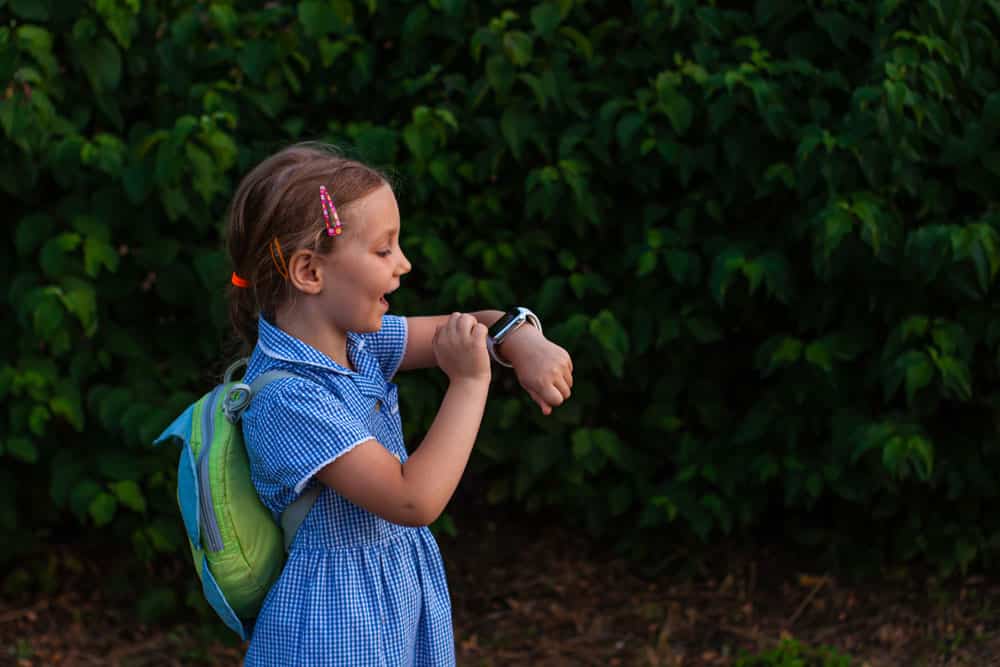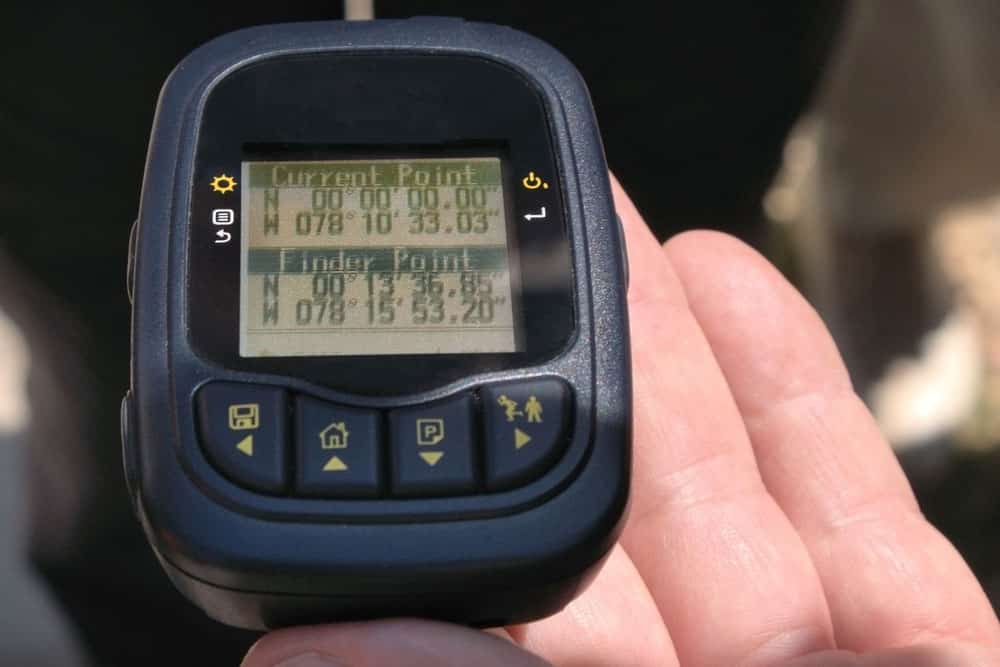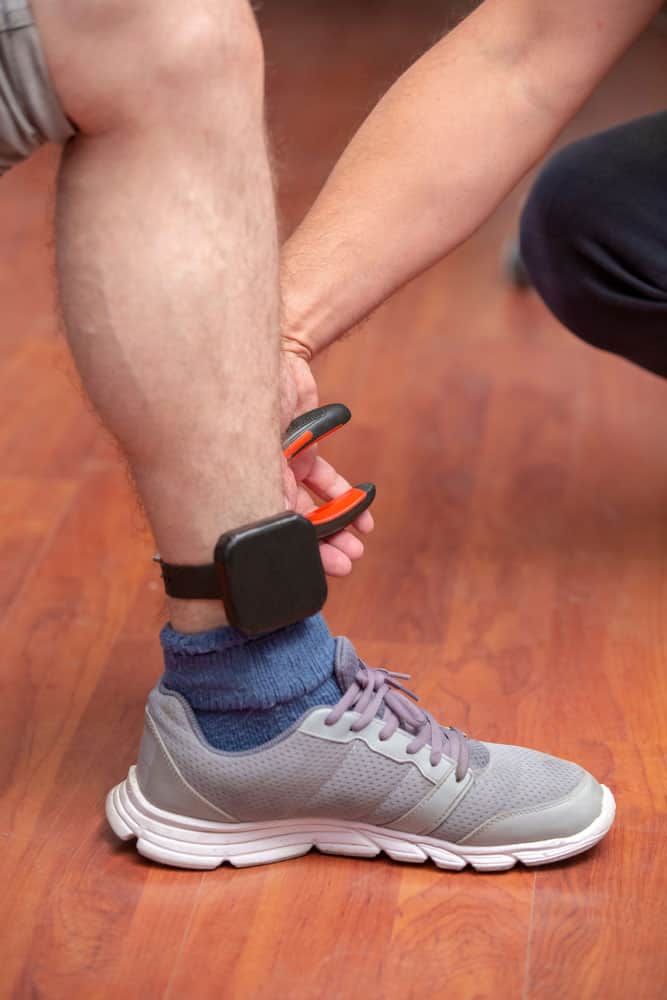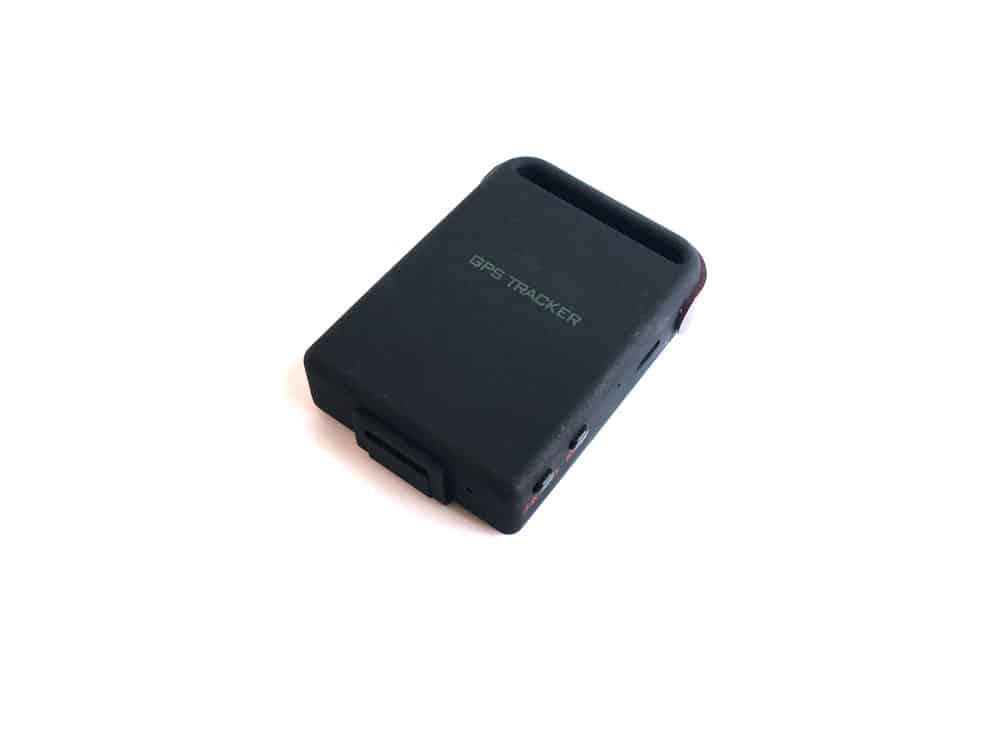GPS tracking introduced a new security feature when dealing with assets, but it changed the game with the human tracking application. This technology enabled parents to monitor kids or check on their elderly parents while working. GPS trackers provide real-time position data cheaply, can contact emergency services or send alerts if something goes wrong, and enable vulnerable persons to integrate with society easily. We will look at these GPS trackers for humans to see how they work and the factors you need to check before buying one. Let’s get started!
Table of Contents
- What Is a Human GPS Tracker?
- GPS Tracker Device Functions
- Types of GPS Trackers
- GPS Tracker Categories
- Human GPS Tracker vs. Medical Alert System
- Factors To Consider Before Buying a Human GPS Tracker
- Applications of Human GPS Trackers
- Wrap Up
What Is a Human GPS Tracker?
A human GPS tracker is a lightweight terminal containing mobile communication and GPS modules. The tracking device transmits position data from the GPS module via the internet to a server using the mobile communication module, showing the position of the GPS-tracking device in real-time. Human GPS trackers usually come in a wearable form in watches, belts, shoe inserts, bracelets, etc.

A GPS tracker
Regardless of type or form, GPS trackers should have a waterproof design to remain functional whether the individual swims, takes a shower, or walks in the rain. Also, it should have a compact size that remains almost unnoticeable. Some might have an emergency button for requesting help by dialing a preset number.
GPS Tracker Device Functions
Human GPS trackers have four primary functions.
Real-Time Tracking
This feature enables parents or other users to check the location of the person wearing the tracker at any time.
Two-Way Call
Trackers with emergency or panic buttons can dial a preset number, enabling two-way communication with the authorized number.

A kid on a video call on her smartwatch
Remote Voice Monitoring
Some GPS trackers feature apps with monitoring numbers. As the person with the authorized number, you can call the monitoring number, and the GPS-tracking device will pick up automatically for you to listen to audio around the device.
Alarm Function
Some of the alarm functions include geo-fence alarms, emergency alarms, and low-power alarms.
Types of GPS Trackers
GPS tracking devices fall into three primary types.
Data Loggers
As the name suggests, these devices log their position in their internal memory or inserted memory card. So they usually have a USB port for downloading the location history data for further analysis.

A GPS data logger
This type is not ideal for human GPS trackers because it lacks a communication module to send you the position data for real-time tracking. You will have to access the device, download the data, then analyze it manually. The technology is typical in digital cameras to stamp GPS location data on photographs as you snap them.
Data Pullers
Also known as GPS transponders, data pullers are always on and feature pull technology that enables you to query the exact location as often as you want. This technology is not as widespread as data pushing but is typical in applications requiring the user to know the tracker location occasionally.
For instance, you can install these trackers in items that might be stolen or don’t have a constant power supply, such as shipping containers. And their most typical querying type involves sending a special text message via a mobile phone, then the tracker sends a reply with the GPS location.
Data Pushers
Data pushers are the most typical GPS trackers for tracing humans, vehicles, and assets. Cell phones also offer GPS tracking information using this mode by default as per the user agreement.
As the name suggests, pushers/beacons use push technology to send the device’s position, speed, and altitude regularly to a dedicated server for storage and analysis.

A person wearing an ankle monitor
Such systems can use SMS queries like transponders or provide the tracking information via an app on a connected device, the latter being more convenient.
GPS Tracker Categories
GPS trackers fall into the following categories.
Conventional
These trackers are ideal for tracking kids or vulnerable people and usually pair with a mobile app in a connected device. They feature a built-in SIM card or SIM card slot for inserting your card to provide internet connectivity. This feature is essential because the lightweight device sends real-time location information to the app.

A conventional GPS tracker
Wearable
Wearable GPS trackers can take several forms, such as smartwatches, pendants, fitness bands, shoe sole inserts, etc. They have similar features to conventional trackers, like rechargeable batteries and cellular service connectivity, but most have a short battery life due to their compact size.

A fitness band with a GPS tracker
Key Chain
As the name suggests, these trackers come in a keychain form, and perhaps the most well-known keychain device is the Apple AirTag. However, most of them are short-range trackers that use Bluetooth connectivity. But some have SIM slots for GPS tracking over the internet.
Human GPS Tracker vs. Medical Alert System
A thin line separates medical alert systems from human GPS trackers. Medical alert systems help the elderly or those with disabilities contact caregivers or emergency responders in case of an emergency. Some feature GPS tracking built-in, while others do not.

An older woman with a medical alert system (note the red emergency button)
On the other hand, the primary function of a human GPS tracker for kids, persons with disabilities, or the elderly is to give the person’s location. Most modern units have a medical alert function, making it the better option.
Factors To Consider Before Buying a Human GPS Tracker
There is a wide range of human GPS-tracking devices in the market, so consider these factors before buying one.
GPS Tracker For Humans: Device Type
Most people prefer having discreet devices that almost blend in with day-to-day outfits. So you might consider getting wearables like bracelets, watches, or necklaces if your loved one wants something unnoticeable.
GPS Tracker For Humans: GPS Capabilities
Although conventional GPS-tracking devices are not as discreet as wearables, they have more advanced features. So they are better at providing countrywide tracking due to their SIM card feature. But a short-range tracker might work if you are always near your loved ones.
GPS Tracker For Humans: Monthly Fees
Most GPS-tracking units require monthly payments because they feature cellular technology to pinpoint the accurate location and send it to the connected device. Always compare these costs vs. the features they offer to get the best deals. Those with zero fees usually have limited tracking abilities.
GPS Tracker For Humans: Additional Features
Devices like smartwatches usually combine GPS tracking with fitness monitoring, an SOS button, audio monitoring, and two-way calling. The more features, the better.
Applications of Human GPS Trackers
Most people associate human GPS trackers with locating kids, the elderly, and other vulnerable loved ones when in danger. However, they have several applications that include the following.
- Law Enforcement: Arrested suspects who are out on bail can bolt. So one of the bail conditions is usually to wear an ankle monitor. Also, people with restraining orders might have to wear GPS trackers.
- Surveillance/Espionage: GPS tracking devices simplify asset (spy) retrieval if something goes wrong.
- Sports: Trackers enable accurate player monitoring to analyze their speeds (average & instantaneous), distance covered, etc. Adventure sports also require participants to wear these devices for rescue teams to locate them in emergencies.

A waterproof GPS tracker used for biking
- Employee monitoring: Some companies monitor employees engaged in fieldwork operations to check their performance.
- Race control: Some participants can cheat to win by taking shortcuts in races. GPS trackers can help show if they cheat and how far they are from one another when racing.
- Securing kids: Trackers can show if kids move into unexpected places and ping their location for quick rescue if kidnapped.

Baby clocks with GPS trackers
- Caregiving: Vulnerable people like the elderly and persons with disabilities require constant monitoring in case of emergencies.
Wrap Up
In conclusion, GPS trackers for humans are critical for securing kids and keeping track of vulnerable persons. And in addition to tracking, they can provide geo-fencing and emergency buttons for two-way communication when requesting assistance.
So you can use them for other applications, such as tracking spies in active missions and following sportspersons during games.
